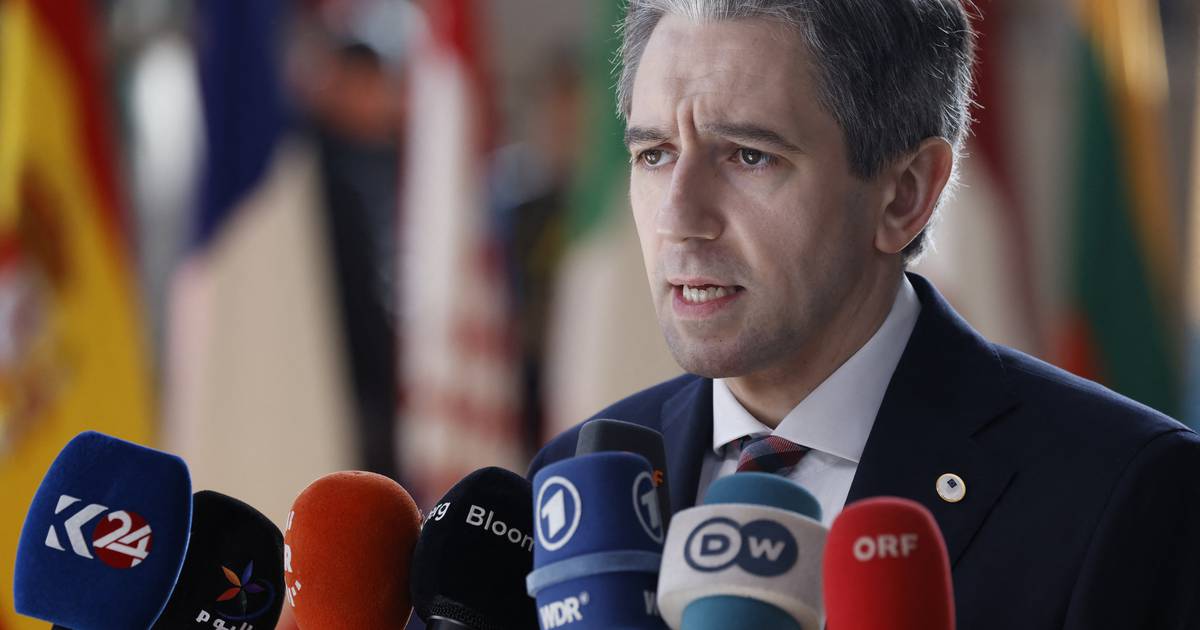EU Leaders Debate the Future of Capital Markets and Taxation
At a recent summit in Brussels, EU leaders convened to deliberate on the future of the bloc’s economic competitiveness, with a particular focus on the EU internal market reforms. A key topic was the revival of plans for a capital markets union, an initiative aimed at integrating national capital markets to facilitate the flow of investments across the EU.
The idea, which has struggled to gain traction since its initial proposal in 2015, faced fresh scrutiny as draft proposals suggested a shift towards centralized regulatory powers within certain member states, notably France. The potential reforms would involve unifying national insolvency laws and aligning tax and regulation policies more closely.
Ireland’s Taoiseach, Simon Harris, expressed his country’s stance against any moves that would lead to harmonization of national corporate tax rates. “We are not in the business of wishing to see any harmonisation to our corporate tax laws,” Harris stated, emphasizing Ireland’s preference for individual nations to retain control over new supervisory rules. Ireland, which has recently agreed to increase its corporate tax rate to a global minimum of 15 percent, remains cautious about ceding regulatory oversight to larger markets.
The discussions highlighted divisions among EU countries, with an initial group of ten nations opposing the draft text, and more leaders joining in resistance to certain provisions. Despite these differences, there was consensus on the need to harmonize aspects of national insolvency rules and improve the convergence of capital market supervision.
German Chancellor Olaf Scholz remarked on Germany and France’s dedication to capital market reforms, while French President Emmanuel Macron prioritized increased EU-level supervision over tax harmonization. European Council President Charles Michel concluded that European authorities would collaborate with national counterparts “to move forward together” on supervision matters.
The summit underscored the complexities of balancing national interests with collective EU goals, as leaders continue to navigate the intricate landscape of economic integration and regulatory convergence.






